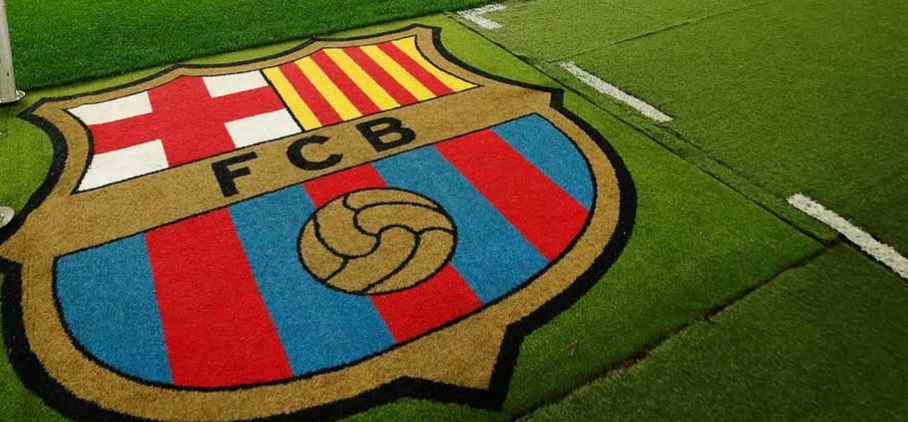
Football in the UK is more than just a sport—it’s a cultural phenomenon, a unifying force, and a source of national pride. From its humble beginnings in the 19th century to its current status as a global powerhouse, UK football has undergone a remarkable evolution. This article explores the journey of football in the UK, focusing on its grassroots origins, the rise of the Premier League, and the impact of football on British society.
Origins and Grassroots Development
The origins of modern football can be traced back to the UK in the mid-19th century. The sport began as a casual pastime played in schools and local communities. Public schools like Eton, Harrow, and Rugby were instrumental in shaping the early rules of the game, each developing its own version of football. The need for a standardized set of rules led to the formation of The Football Association (FA) in 1863, marking the official birth of association football.
Grassroots football remains the backbone of the sport in the UK. Thousands of amateur clubs across England, Scotland, Wales, and Northern Ireland serve as breeding grounds for young talent. Local leagues and community initiatives play a crucial role in fostering a love for the game, providing opportunities for players of all ages and skill levels. The FA and other governing bodies continue to invest in grassroots programs to ensure the sport remains accessible and inclusive.
The Rise of Professional Football
The late 19th century saw the professionalization of football in the UK. Clubs like Preston North End, Aston Villa, and Sunderland dominated the early years of the Football League, which was established in 1888. The introduction of professionalism transformed football into a spectator sport, attracting large crowds and generating significant revenue.
The establishment of the Premier League in 1992 marked a turning point in the history of UK football. Formed by the top clubs in England, the Premier League aimed to capitalize on the growing popularity of the sport and the potential for lucrative television deals. The league quickly became a global brand, attracting some of the world’s best players and managers.
Today, the Premier League is widely regarded as the most competitive and exciting football league in the world. Clubs like Manchester United, Liverpool, Chelsea, and Manchester City have achieved international acclaim, while smaller clubs continue to challenge for domestic and European honours. The league’s global appeal has also contributed to the growth of football in emerging markets, further cementing the UK’s status as a footballing powerhouse.
Football and British Society
Football’s influence extends far beyond the pitch. It plays a significant role in British society, shaping cultural identity and fostering a sense of community. Matchdays bring together fans from all walks of life, united by their love for the game and their loyalty to their club.
The sport has also been a platform for social change and activism. Players, managers, and clubs have used their influence to address important social issues such as racism, mental health, and inequality. Campaigns like Kick It Out and Heads Up have raised awareness and promoted inclusivity within the football community.
Moreover, football contributes significantly to the UK economy. The Premier League alone generates billions of pounds in revenue each year, supporting thousands of jobs and boosting local businesses. The sport’s economic impact is felt at all levels, from grassroots clubs to the national team.
The Future of UK Football
As football continues to evolve, the UK faces both challenges and opportunities.
Despite these challenges, the future of UK football looks bright. The continued investment in grassroots development, combined with the global appeal of the Premier League, ensures that the UK will remain at the forefront of the footballing world. Additionally, the success of the national teams—such as England reaching the UEFA Euro 2020 final and the Lionesses winning the 2022 UEFA Women’s Euro—has reignited interest and optimism among fans.
Conclusion
Football in the UK is a rich tapestry of history, culture, and passion. From its grassroots beginnings to its current status as a global phenomenon, the sport has evolved significantly while remaining a vital part of British society. As the game continues to grow and adapt, one thing remains certain: football will always hold a special place in the hearts of the UK’s people.